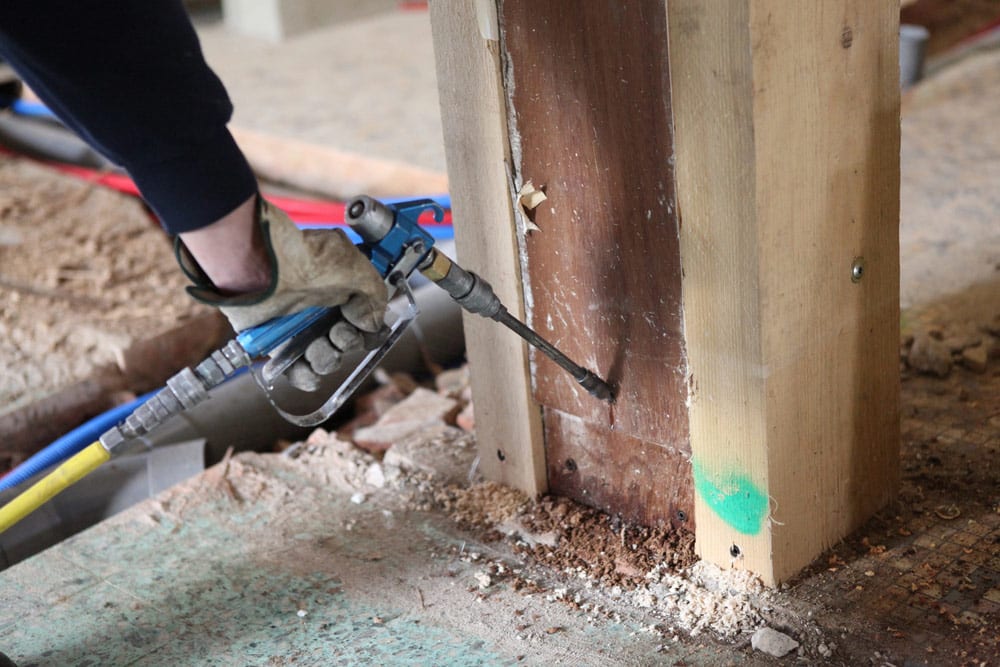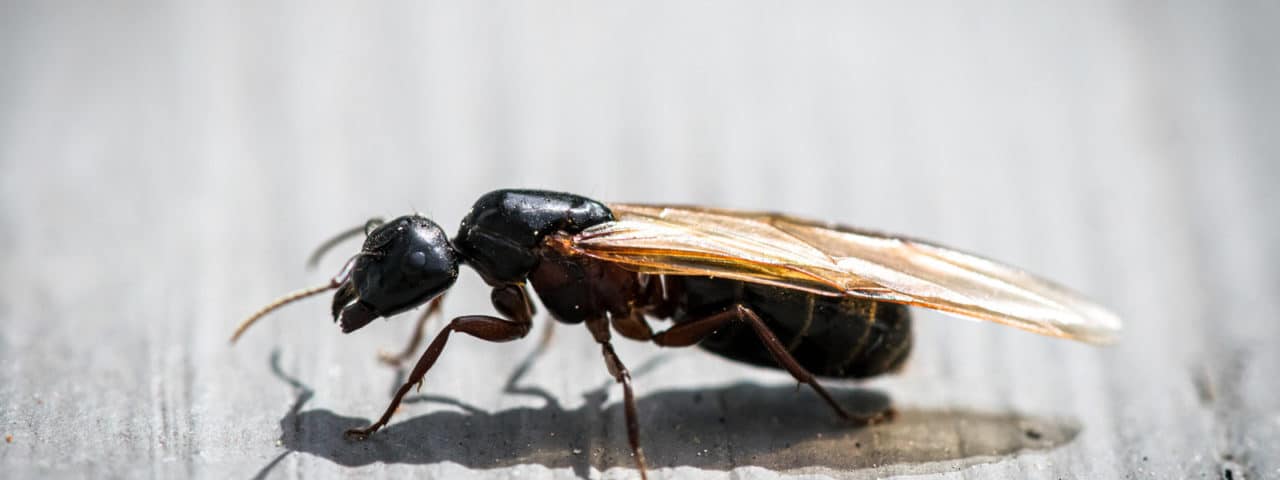Specialist Termite Control Services: Secure Your Home from Termite Damages
Specialist Termite Control Services: Secure Your Home from Termite Damages
Blog Article
Ecological Influence of Insect Control: Balancing Effectiveness With Sustainability
The ecological impact of pest control is a vital problem that requires a delicate equilibrium in between accomplishing efficiency in making certain and taking care of pests sustainability of our ecosystems. As we aim to shield our plants, homes, and health from the threats postured by bugs, the approaches we use can inadvertently damage the environment. From using unsafe chemicals that seep into our soil and water to the unexpected repercussions on non-target species, the effects of standard pest control practices are far-reaching. Nonetheless, there are arising strategies that provide wish for a much more sustainable method to pest administration. These remedies not only aim to deal with the instant insect troubles but likewise think about the long-lasting health and wellness of our world.
Harmful Chemicals in Insect Control
The usage of hazardous chemicals in pest control poses considerable environmental and health threats that call for cautious factor to consider and reduction approaches. Pesticides, herbicides, and pesticides are typically used to eradicate pests, however their extensive application can result in unintended repercussions. These chemicals can contaminate dirt, water sources, and the air, influencing not only the targeted insects but additionally useful bugs, wildlife, and humans.

To attend to these threats, integrated bug monitoring (IPM) strategies are being promoted as a more lasting alternative. IPM includes a combination of techniques such as organic control, habitat control, and the targeted use pesticides as a last option (ant control mathews nc). By adopting a holistic approach to pest control, we can reduce the environmental and wellness effects connected with harmful chemicals while successfully taking care of pest populations
Effect On Non-Target Species
Considering the unexpected consequences of insect control methods, the impact on non-target species is a vital element that needs thorough examination. While pest control actions intend to target specific insects, various other microorganisms in the ecosystem might be accidentally influenced. Non-target species, consisting of valuable bugs, birds, mammals, and even plants, can experience straight or indirect damage from pesticide applications or biological control approaches.
Pesticides can have lethal or sub-lethal results on non-target species. As an example, insecticides designed to combat a certain bug parasite may damage pollinators like or natural killers such as ladybugs. Furthermore, chemical deposits can accumulate in the atmosphere, impacting non-target microorganisms in time. In a similar way, biological control agents, otherwise species-specific, can pose threats to unexpected targets, interfering with the ecological equilibrium.
To minimize the effect on non-target species, integrated bug administration (IPM) approaches that emphasize an alternative approach to pest control are advised. These methods focus on using eco-friendly practices, lessening harm to useful organisms while effectively managing pest populaces. Conducting comprehensive risk analyses and checking the end results of bug control initiatives are necessary action in securing non-target species and promoting overall community wellness.
Dirt and Water Contamination
Unintended ecological consequences of pest control approaches expand beyond influencing non-target species, with substantial implications for dirt and water contamination - ant control services. Pesticides, herbicides, and chemical fertilizers utilized in parasite control can seep into the dirt and contaminate groundwater, posturing a risk to both water and terrestrial ecosystems.
Water contamination is one more crucial concern related to bug control practices. Overflow from agricultural areas treated with pesticides can bring these chemicals right into close-by water bodies, affecting marine microorganisms and water top quality. Contaminants in water sources can have far-reaching effects, affecting not just water life yet additionally human health and wellness with the consumption of infected water or water organisms. To minimize dirt and water contamination from pest control activities, incorporated insect monitoring approaches that prioritize sustainability and lessen chemical inputs are critical.
Air Pollution From Chemical Use
Exposure to airborne pesticides during agricultural applications postures a significant concern for air pollution control procedures. Furthermore, chemical drift, where pesticides are lugged by the wind to unexpected locations, can lead to the contamination of neighboring communities and water bodies.

Techniques for Lasting Insect Control
In the realm of agricultural techniques, executing sustainable pest control strategies is extremely important for keeping environmental equilibrium and securing crop returns. Lasting bug control stresses using eco friendly techniques to handle bug populaces properly while minimizing damage to non-target organisms and ecological communities. Integrated Insect Administration (IPM) is an extensively taken on method that combines organic, cultural, physical, and chemical control methods to achieve long-term bug management remedies.
Crop turning and diversity are additionally effective strategies to interfere with pest life cycles and create much less positive conditions for parasites to thrive. Ultimately, by incorporating these lasting insect control approaches, farmers can achieve a balance between pest management performance and ecological stewardship.
Verdict
In final thought, the environmental influence of insect control approaches need to be meticulously thought learn the facts here now about to balance performance with sustainability. Harmful chemicals made use of in insect control can lead to dirt and water contamination, air pollution, and injury non-target types - termite control services. It is crucial to execute sustainable insect control techniques to decrease these adverse results on the setting and advertise a much healthier community for future generations
By adopting an all natural approach to pest control, we can decrease the ecological and health effects connected with hazardous chemicals while effectively handling pest populations.

To mitigate the air contamination created by pesticide usage, it is crucial to adopt incorporated parasite monitoring methods that focus on the usage of non-chemical parasite control methods, such as crop turning, all-natural killers, and resistant plant selections. Sustainable parasite control highlights the use of eco pleasant approaches to take care of insect populaces successfully while decreasing harm to non-target microorganisms and ecological communities. Integrated Insect Monitoring (IPM) is an extensively adopted approach that incorporates biological, social, physical, and chemical control approaches to achieve lasting insect monitoring services.
Report this page